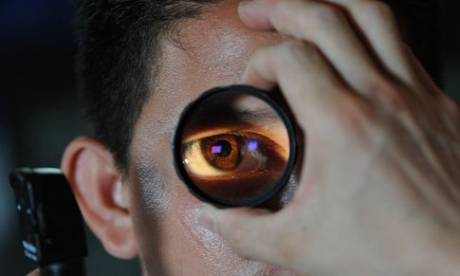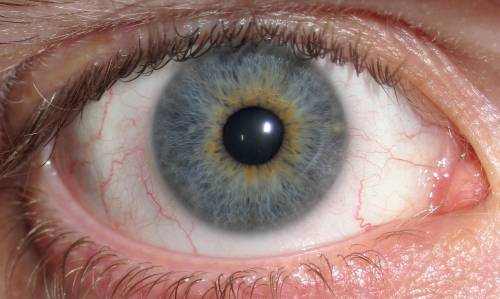Total blindness, or total vision loss, is when both eyes have completely lost the ability to see. This means that an individual cannot perceive light, darkness, shapes, colors, or any other visual stimuli. Those who experience total blindness often rely on their other senses, such as touch, hearing, and smell, to navigate their surroundings.
Total blindness can be caused by a variety of factors. From birth, individuals may experience congenital conditions that prevent their vision from functioning properly due to genetic disorders or complications during fetal development. On the other hand, acquired causes can arise from traumatic injuries to the eyes or brain, severe infections, harm to the optic nerve, certain medications, or the presence of progressive diseases like glaucoma or retinitis pigmentosa.
Living with complete lack of vision presents distinctive obstacles. People who are unable to see must depend on their remaining senses and devise alternative means of communication and getting around. They might utilize tools like canes or guide dogs to navigate independently and rely on Braille or auditory aids for reading and writing.
Moreover, technology has played a vital role in improving the overall well-being of those who are totally blind. Software that reads text aloud and devices that respond to voice commands enable individuals to access information, use computers, and partake in activities like internet browsing or reading e-books.
While being completely blind presents unique difficulties, it is crucial to recognize that it does not limit a person’s capabilities or possibilities. Numerous visually impaired individuals have thriving professions in different industries and live satisfying lives. They frequently skillfully adapt and conquer hurdles by leveraging their strong points and the assistance of their communities.
It is important to note that there are different levels of blindness and visual impairment. Total blindness means having no vision at all, while partial blindness means having some remaining vision or limited visual abilities. In medical terms, blindness is usually defined as having a visual acuity of 20/200 or lower in the better eye, even with glasses or contact lenses.
To sum up, total blindness refers to the state of having no usable eyesight in both eyes. It can stem from various causes and poses distinctive hurdles for those impacted. Nevertheless, thanks to technological progress and the backing from their community, people who are completely blind can enjoy fulfilling and fruitful lives.





